USCIS will administer the 2025 Naturalization Civics Test to applicants who file Form N-400, Application for Naturalization on or after October 20, 2025.
The 2025 Naturalization Civics Test is an oral test consisting of 20 questions from the list of 128 civics test questions. You must answer 12 questions correctly to pass the 2025 Naturalization Civics Test. You will fail the test if you answer 9 of the 20 questions incorrectly.
Officers will stop asking questions when an you answers 12 questions correctly, or 9 questions incorrectly.
You can download the list of 128 QUESTIONS & ANSWERS here.
Additional information is here.
To ask questions or schedule a consultation, please use our online calendar.





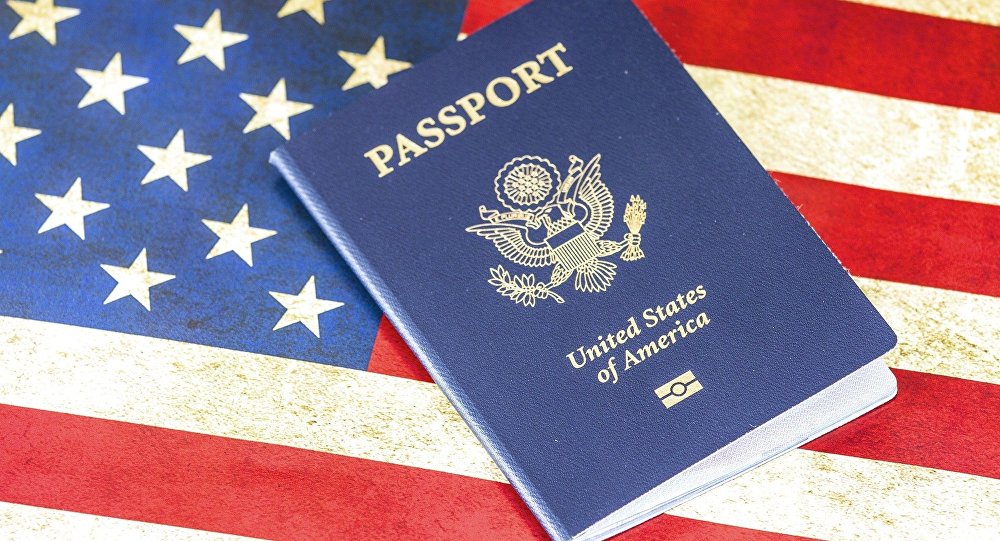
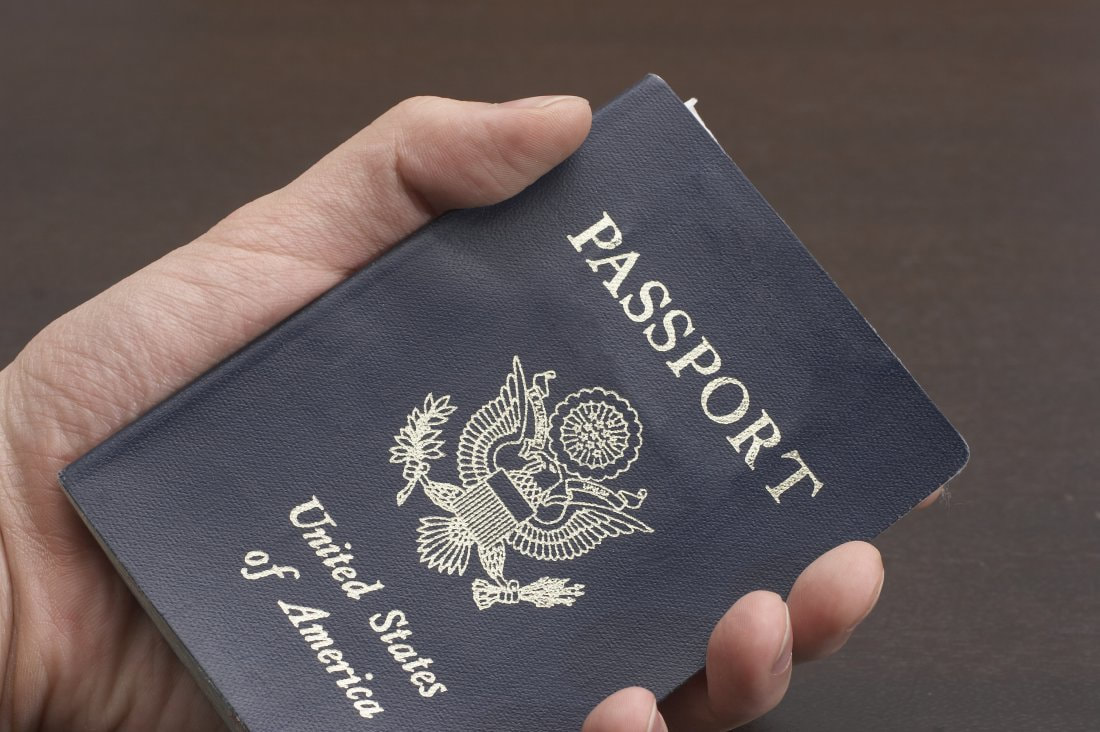
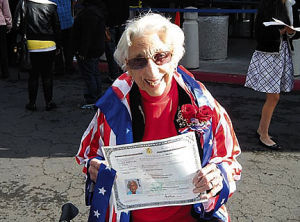
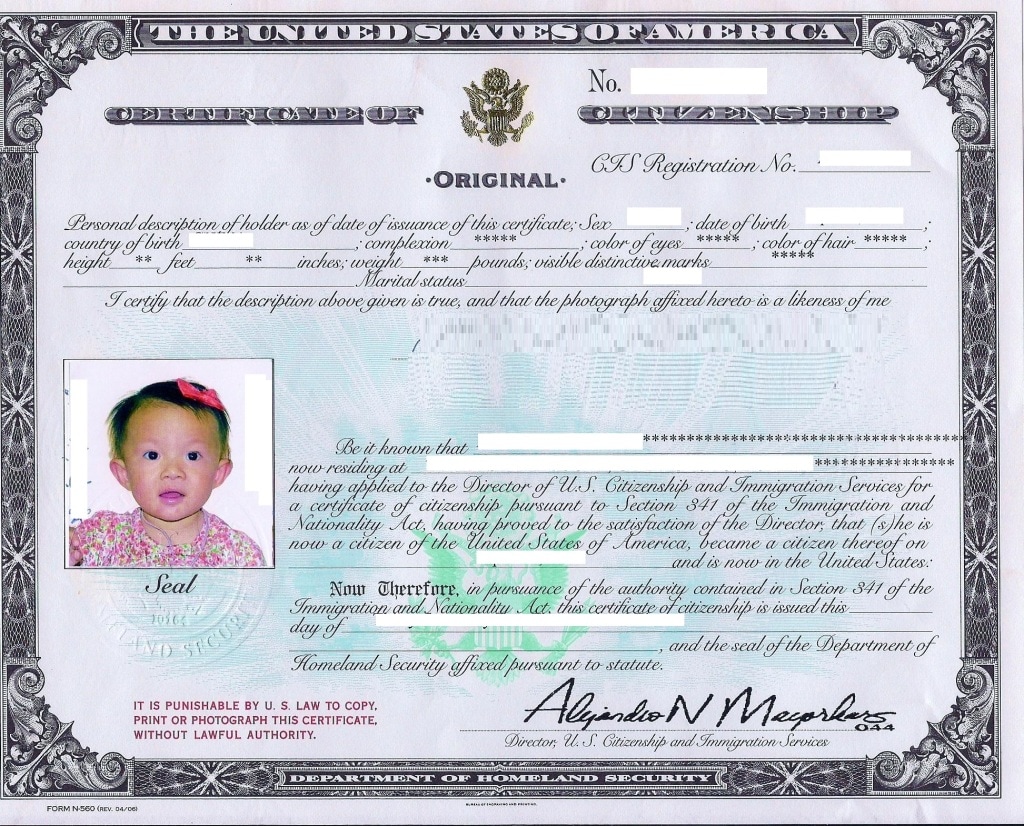
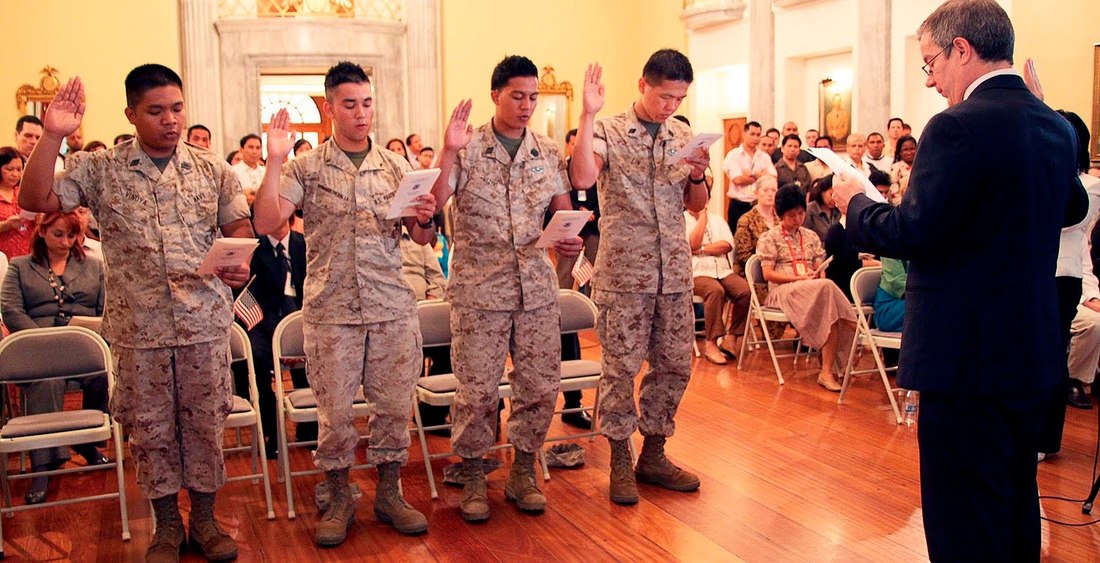

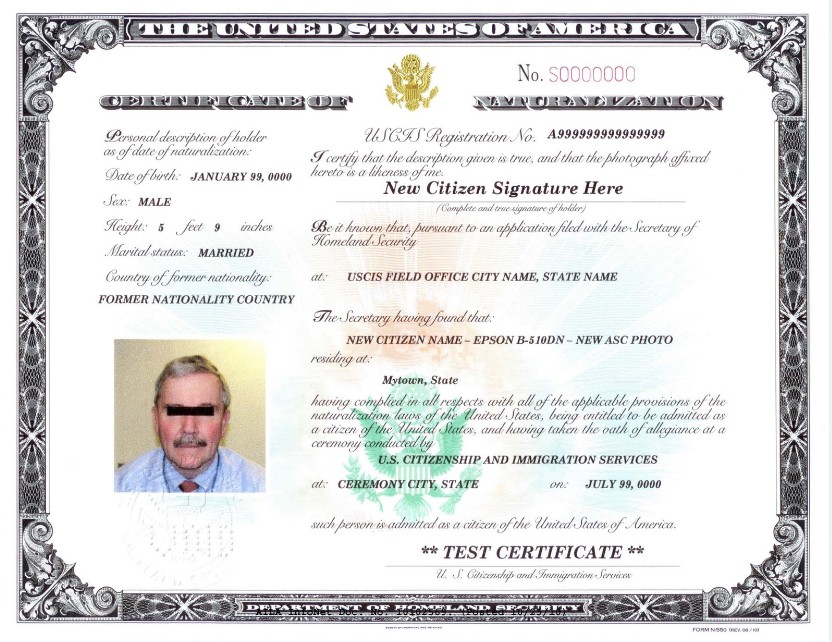
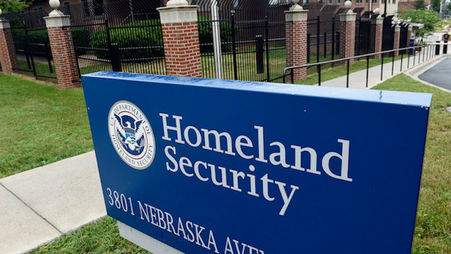


 RSS Feed
RSS Feed